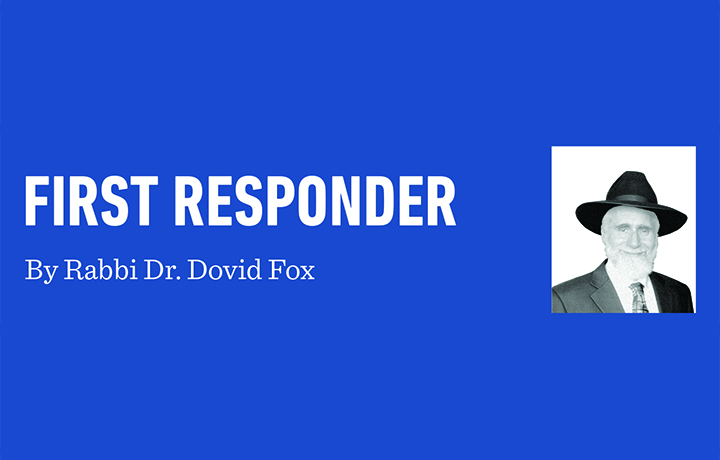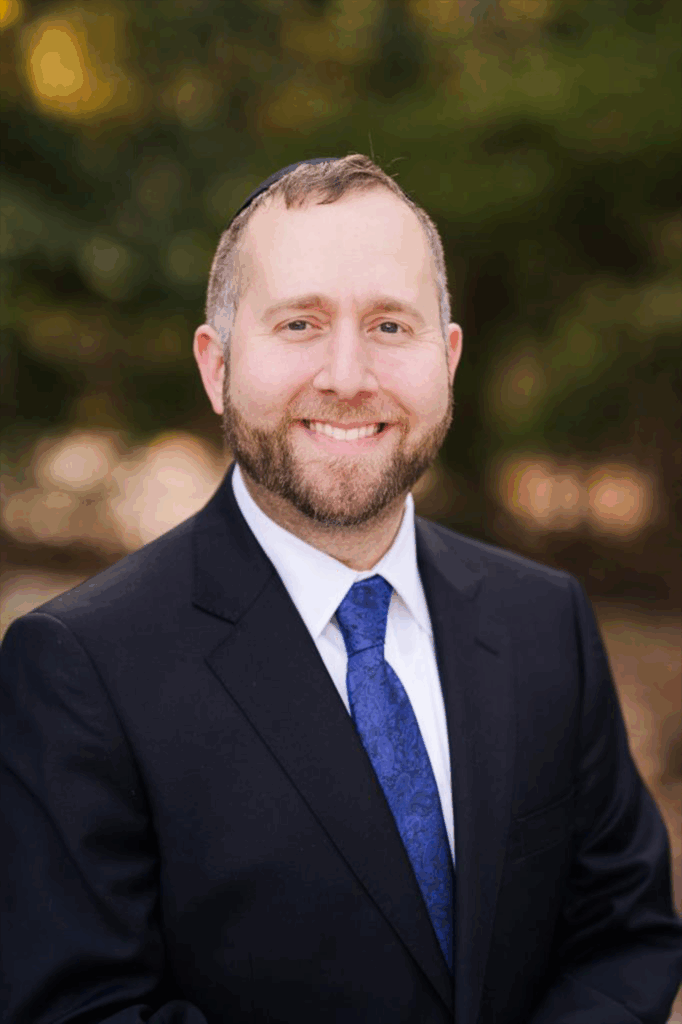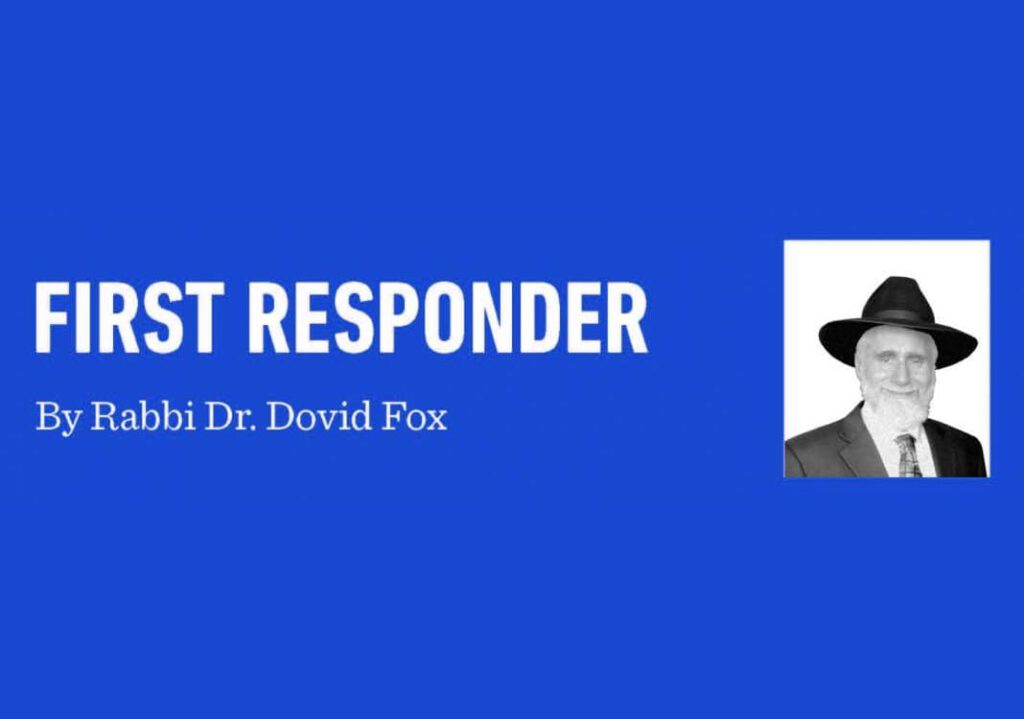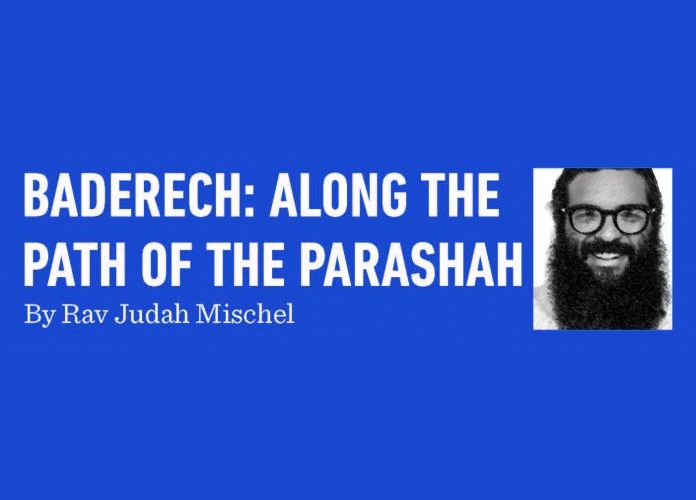Insecurity Guards
Visitors to California frequently stay in my “back house,” which is a local term for a garage, which in my case, has been renovated (legally and with city permits) into a dwelling. I have been able to host a range of people, both those here on rabbinical matters, and those who come for medical treatment. I recently hosted a person from another country. Generally, my guests go about their business and have little interaction with me by choice. They seek anonymity and I am comfortable with that. This particular guest, however, asked to spend some time with me and accompanied me to shul on Shabbos.
We walked down the long boulevard Friday afternoon, comparing the atmosphere of busy Los Angeles with the somewhat more provincial community where he lived. We talked about the rise in antisemitism in both his country and in America. An occasional car passed by with its passengers jeering at us and the other Jews that were walking, with some of them sporting flags representing their “country” or their political affiliation. My companion was taken aback in that he had assumed that America was still safe from such displays of hatred and the government did not tolerate such flagrant displays of prejudice. I told him that for many years I had greeted the people whom I had passed either with a “good afternoon” or a “good evening” and the majority of my greetings were returned either with a smile or a nod in return, with only about a third of the people ignoring me completely. Since October 7th, I observed that the vast majority of the people on the street either did not respond at all, or offered a gesture of rejection or insult. The political tide has turned all Jews into Zionists and all Zionists into Israelis. The abuse has escalated to the extent that we now take it for granted.
Apparently, in his community, the battle-lines are fairly evident. There is minimal contact in his neighborhood with those who might hold Jews in disdain. Foot traffic and cars are mostly local residents. And only when you venture out of his safe, protected neighborhood do you encounter the threats, taunts, and confrontational behavior of the local residents. He was perplexed by the street scene here in California. I told him that we learned to take it for granted, and most of us tried to ignore the alarming change in civility. A liberal state sports liberal attitudes about who has the right to freedom of speech. I shared with him how during one of the riots here, we were concerned about those in our kehillah who needed food and other supplies. We are blessed with some charitable organizations here, and a brave crew of volunteers went to the warehouse, packed the food parcels, and delivered them despite the danger in the street. One of the television news programs filmed footage of the volunteers taking food packages to their cars and broadcasted that “Orthodox Jews are also involved in looting and stealing.” When our community protested this slander, the news outlet refused to issue a retraction. So, it goes. We are now learning to accept these proliferations of prejudice as par for the course.
As we walked, we passed a shul and I greeted the armed guard who stands out front. He knows me by now, and we exchanged a few pleasantries. My guest asked what he was doing there. We arrived at my own shul and I greeted the armed guard there too, and we spoke briefly. My guest was baffled, asking why the guard was there. I explained to him that especially on Shabbos, when large groups of Jews are congregating to pray, we could become an easy target, chas v’shalom. I shared with him how I had called the police bomb squad a few months prior, having noticed what appeared to be plastic explosives stuck to the windowsill of the shul. The police evacuated the minyan gathered for a weekday Minchah. They were not willing to give us the results of their findings when we called later that week. There was no news coverage of the event. We take this double standard for granted.
We have security guards because we are insecure. Our guards notice if a car or truck passes the shul too many times or parks out front. They inquire when a suspicious pedestrian is loitering nearby. And now, security guards have become fixtures in our houses of worship. We take them for granted. While we want to be warm and welcoming to newcomers, we also want to feel safe and secure. n
Rabbi Dr. Dovid Fox is a forensic and clinical psychologist, and director of Chai Lifeline Crisis Services. To contact Chai Lifeline’s 24-hour crisis helpline, call 855-3-CRISIS or email [email protected]. Learn more at www.chailifeline.org/crisis.















